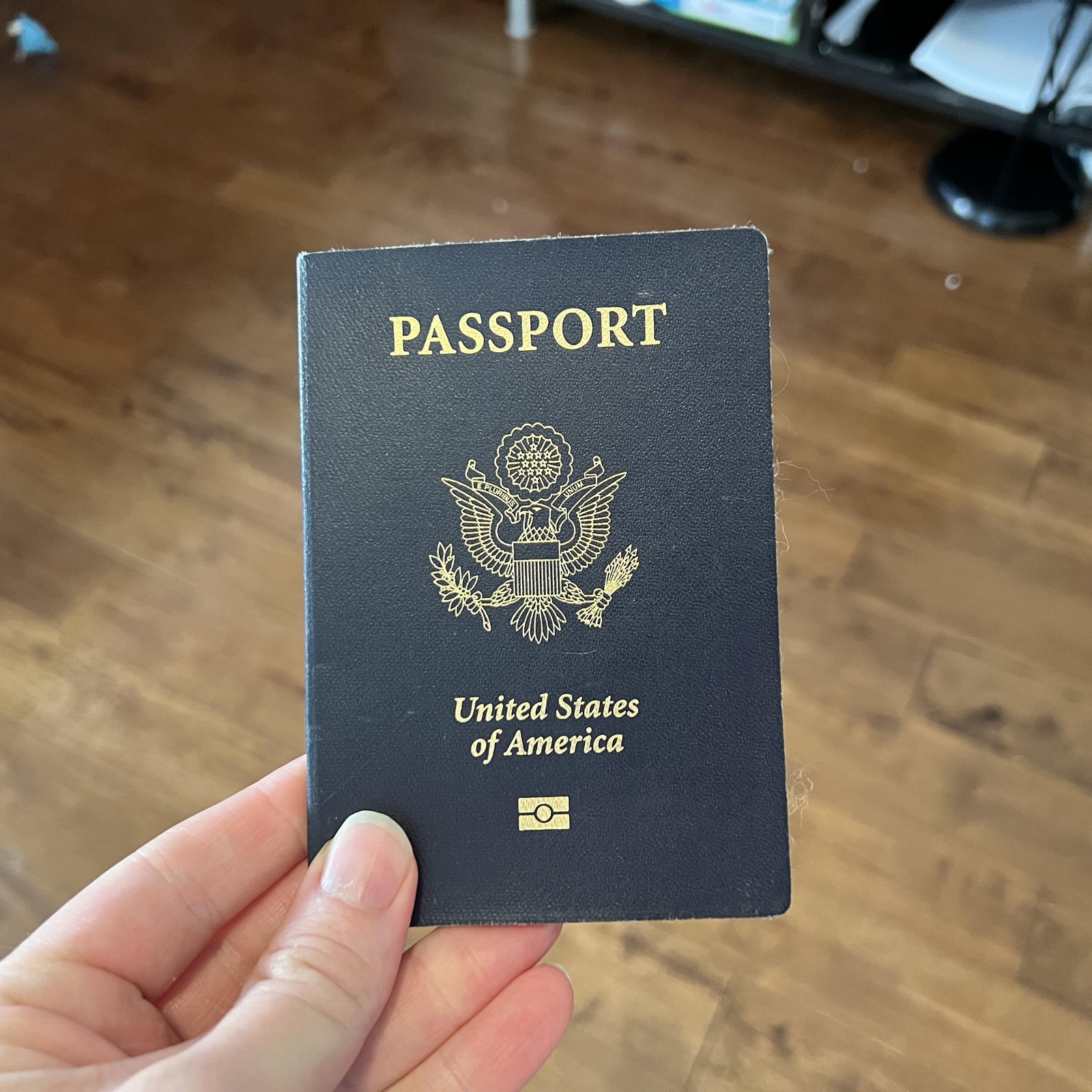The U.S. Faces a Historic Decline in Passport Power
The United States is facing an unprecedented shift in global travel rankings, as it has dropped to the 10th position in the annual Henley Passport Index. This marks the first time in the index’s 20-year history that the U.S. has fallen out of the top 10. The ranking is based on the number of countries a passport holder can visit without needing a visa.
Since 2014, when the U.S. held the top spot, its passport has steadily declined in power. This year, it shares the 10th position with Iceland and Lithuania. According to the index, U.S. passport holders have visa-free access to 182 destinations, while Singapore leads the list with 193 countries offering visa-free entry.
Henley & Partners, a global migration consulting firm based in London, highlighted that countries like the U.S. and the U.K. are adopting more restrictive entry policies. “Your passport is no longer just a travel document — it’s a reflection of your country’s diplomatic influence and international relationships,” said Dr. Juerg Steffen, CEO of Henley & Partners, in a statement.
Understanding Visa-Free Access and Travel Restrictions
For American travelers, understanding which countries require a visa is essential. The U.S. State Department offers a tool called “Learn About Your Destination” that helps travelers determine visa requirements for their intended destination. This resource is especially useful for those planning international trips.
In addition to visa-free access, the U.S. ranks low in terms of “openness,” allowing only 46 nationalities to enter the country without a visa. This limited openness contrasts sharply with the high levels of access offered by other nations, particularly in the top rankings.
Japan and South Korea share the second position, with their passports granting visa-free access to 190 countries. The rest of the top 10 includes several European countries, with the United Arab Emirates and Canada tied for eighth place. The U.S. now holds the 10th spot, marking a significant drop from its previous standing.
The Global Context of Passport Power
Afghanistan remains at the bottom of the rankings, with its passport offering visa-free access to only 25 countries. This stark contrast highlights the disparities in global mobility and diplomatic relations.
The Henley Passport Index relies on exclusive data from the International Air Transport Association (IATA), a key source of travel information. The index reflects how nations maintain their global standing through strategic diplomacy and reciprocal agreements.
Dr. Christian H. Kaelin, the inventor of the passport-index concept, emphasized that access to visa-free travel is not guaranteed. “Nations that proactively negotiate visa waivers and nurture reciprocal agreements continue to rise, while the opposite applies to those that are less engaged in such efforts,” he stated.
Implications of a Weaker Passport
The decline in the U.S. passport’s power raises questions about the nation’s diplomatic engagement and international relations. As more countries strengthen their ties and expand visa-free access, the U.S. may need to reassess its approach to global mobility.
This shift also affects American travelers, who may find themselves facing more restrictions when visiting certain countries. With the growing importance of international travel, maintaining strong diplomatic relationships becomes crucial for ensuring ease of movement across borders.
As the world continues to evolve, the power of a passport serves as a barometer for a country’s global influence. For the U.S., this moment represents both a challenge and an opportunity to reinvigorate its diplomatic efforts and restore its position among the most powerful passports in the world.







